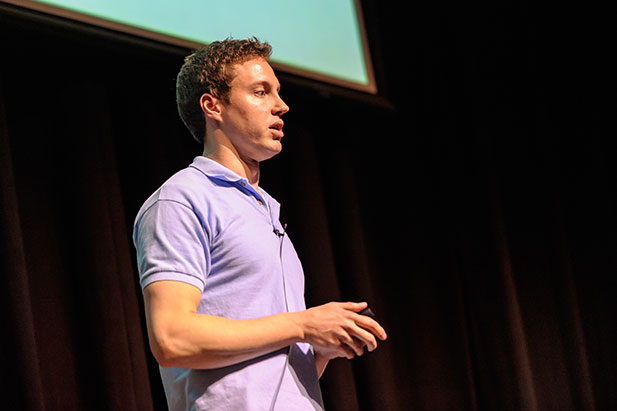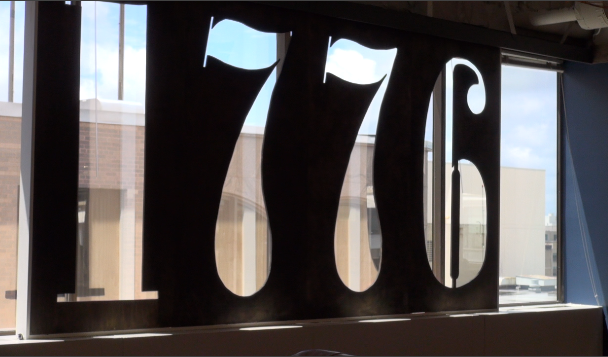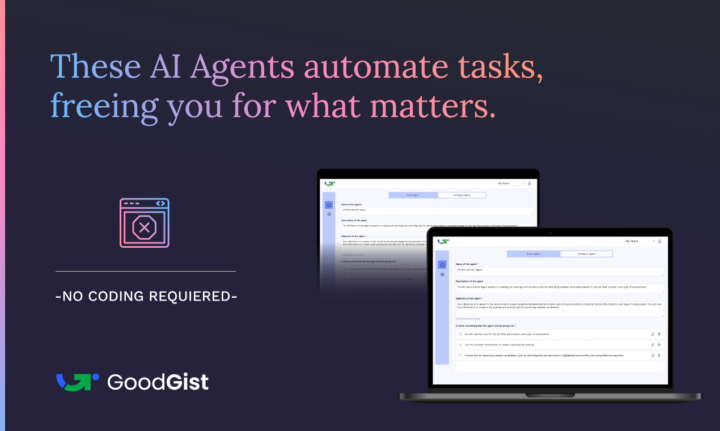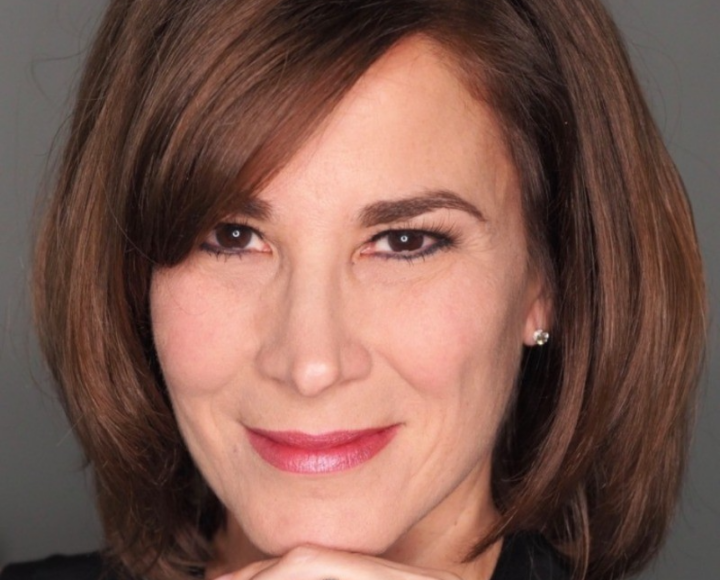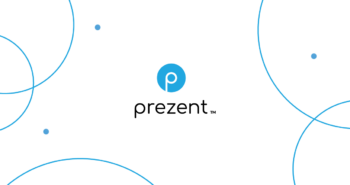Content is king in the modern world. This lesson rings true in business, media, and even education.
It’s no secret that many people think the current education system is broken. Most individuals and organizations are focused on how to improve the delivery and cost of educational content. This is surprising considering how vital the content is to the learning process.
Coursefork is an education startup based in the Triangle region of NC, focused on empowering educators with the ability to collaborate on content. Think “Github-for-education” and get ready to see into the future of learning.
Below is the transcript of an interview I did with Coursefork’s founders:
Why is open source education important?
We’re living in quite incredible times. However, the prevailing education system in the world today was created over 300 years ago as part of an effort to create a series of standard and interchangeable individuals in a global empire that no longer exists [1].
Over the past 20 years alone, the Internet has brought with it an unprecedented increase in the availability of information, in the same way that radio, telegraph and even the printing press disrupted the world in their own times. It’s time to take advantage of the amazing new tools we increasingly have access to and build something that addresses the ever-increasing and varying needs of the modern global citizen. This will require collaboration on a massive scale, and open source is the cornerstone for collaboration.
— Eric Martindale
[1]: Sugata Mitra talks about this in his award-winning TED Talk, “Build a School in the Cloud”.
What’s exciting to me is that the open source philosophy represents a shift in the role of property rights. By using tools such as Creative Commons licenses, we use copyright to ensure that materials are available to others, rather than prevent this. This is exactly the kind of environment that education needs to thrive. These open tactics were developed in software, where sharing source code and protocol definitions is crucial to keeping distributed systems up and running. And it turns out that the needs of educators are quite similar. We need to know what we can trust, we want to be able to understand and modify our own content, and we’re wary of copyright violations getting us in trouble. Open source was the answer to all of these concerns in software, and we think it’s the next step in education as well.
— Elliott Hauser
What drives this team’s interest in education?
We simply feel that the entire educational system can do better—so we’re creating the tools that each of us would want at our fingertips in our own teaching. We’re all educators ourselves, passionate about teaching others in all aspects from academic and institutional learning to technological skills and tutoring. We know the running conversation is about how “the education system is broken”, but we live the impact of this system every day with Elliott’s role as a professor at UNC-Chapel Hill, Brian’s experience at WebAssign and NC State, and my experience leading engineering teams in building state-of-the-art software.
— Eric Martindale
Something I’d add to Eric’s answer is that I think, ultimately, all great teachers are even greater learners. If I think back to the people who’ve taught me the most, they had what I’d describe as vast curiosity and an excitement about understanding the way things work. This carried over into how they taught the subject and how they understood and helped me grow as a person. So, yes all three of us are educators, and I think that the three primary things that educators should do well are to teach, to learn and to cultivate growth. These are things that we’re each individually doing and things that Coursefork is designed for.
— Elliott Hauser
What is the competitive advantage of Coursefork over any competitors/substitutes?
We’re building an ecosystem that’s independent of any one company’s success or failure. We’re focusing on making everything open, particularly exportable and transportable. We don’t want to lock down content in a proprietary format, and in fact quite the opposite—we want to put the control in the hands of the educators, not any one startup.
— Eric Martindale
What advantage will a professor/educator have by using Coursefork?
Many teachers think of open education as free resources or Open Educational Resources (OER). There are many great resources available out there that are free for teachers to use in their classrooms. The power Coursefork brings to a teacher is the ability to copy great content and make it their own. Coursefork allows teachers to make changes to their copies and tailor them to their needs. There’s an opinion that one size fits all in many educational tools and resources but that simply isn’t the case. Teachers need control of their curriculum to better suit the needs of their students.
— Brian Marks
What traction, fundraising, or partnerships are in place (only tell me things I can publish)?
Coursefork had a great beginning by taking the top prize at Triangle Startup Weekend in March. Since then it has been full speed ahead building a great product. We are currently running a private alpha (and we’re accepting applications!) and are working closely with a number of teachers and educators to make the product even better. You can sign up on Coursefork’s launch page.
Over the past few months we have been speaking with investors all over the country from Chicago to San Francisco to right here in the Raleigh/Durham area and the conversations are going very well. We have an excellent group of local angel investors signed up, and we’re building relationships with VCs locally and nationally for future rounds.
— Brian Marks
What is the long-term vision for Coursefork and open education?
We feel that the concept of “forking” content is fundamentally transformative in all aspects of life, and not simply education. You can this philosophy succeeding with the open-source software ecosystem; companies like Red Hat, Mozilla, and Canonical are prime examples. Many other areas are starving for this open culture and making significant inroads towards executing on it; in government at the local level with Jason Hibbets’ efforts in the Raleigh City Government and at the national level with the Open Government Initiative [1], healthcare with OpenMRS, manufacturing with Stratasys, and legal documents with Docracy. Our bigger vision is to make everything “able to be easily disassembled, understood, and modified” [2], remixable, and most importantly collaborative. We’ll be launching forkable.org as part of this commitment to open sourcing all the things.
If we can build a global protocol for this type of collaboration by thinking about this wider perspective, then we’ll be fostering a community of people who build even bigger ideas and apply the open source philosophy to even more areas of education. We want to create the basic building blocks of collaboration, prove that it works, and then let the world construct new and interesting things with those tools.
— Eric Martindale
[1]: the founder of which, by the way, gave an excellent TED talk on demanding a more open source government.
[2]: hack·a·ble (adjective): able to be easily disassembled, understood, and modified.
Coursefork will be a success if ___________________________.
We’ll be successful if one student gets a measurably better education as a result of our efforts. With each and every student that is positively impacted as a result of the educators who choose to use Coursefork, we multiply our success. Every instructor who chooses to use Coursefork to open-course their lessons will be a win for both us and the educational ecosystem.
By focusing on collaboration and openness, we’ll create a product that educators love to use, and that results in a sustainable company and ultimately transforms the educational experiences that students can access.
— Eric Martindale
On a personal note, I’ll add that Coursefork will be a success if it helps me give my students a better education. I’ll be teaching Programming to UNC graduate students in the Fall and all of these course materials will be available on Coursefork for any other instructor to view, use, and customize. There’s a great need for programming skills amongst graduate students and I hope my course will be a meaningful contribution to the educational resources in this field. We’re heading into an exciting time and I feel privileged to be involved as both educator and startup founder.
We’ve designed Coursefork to be a success when our users are a successfully participating in the larger community surrounding the content they love to teach. This alignment is core to who we are and what separates us from many of the ed tech startups we’ve seen.
— Elliott Hauser
 Anthony Pompliano is a military vet turned tech entrepreneur. You can follow him @APompliano.
Anthony Pompliano is a military vet turned tech entrepreneur. You can follow him @APompliano.


